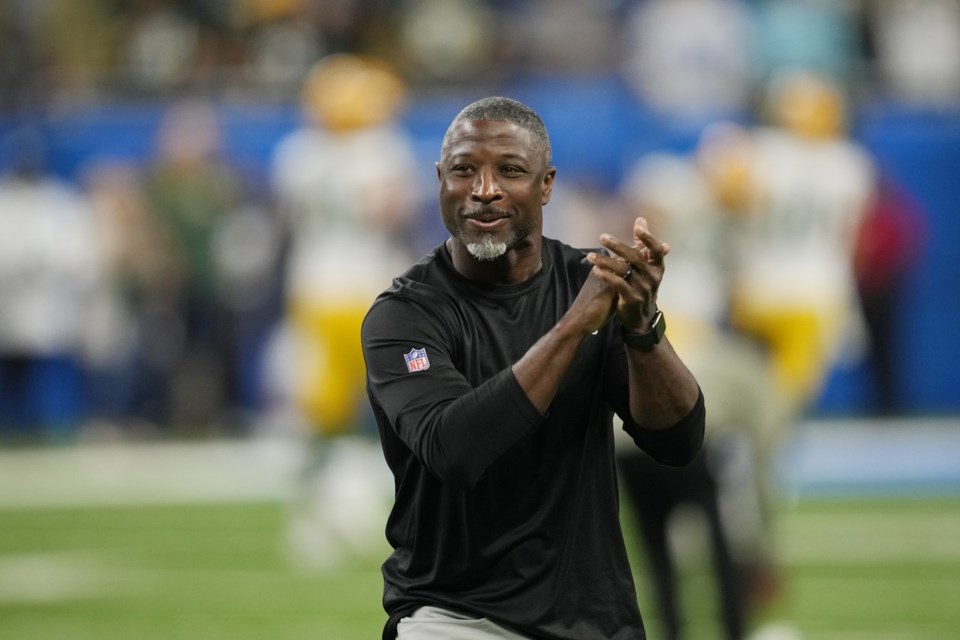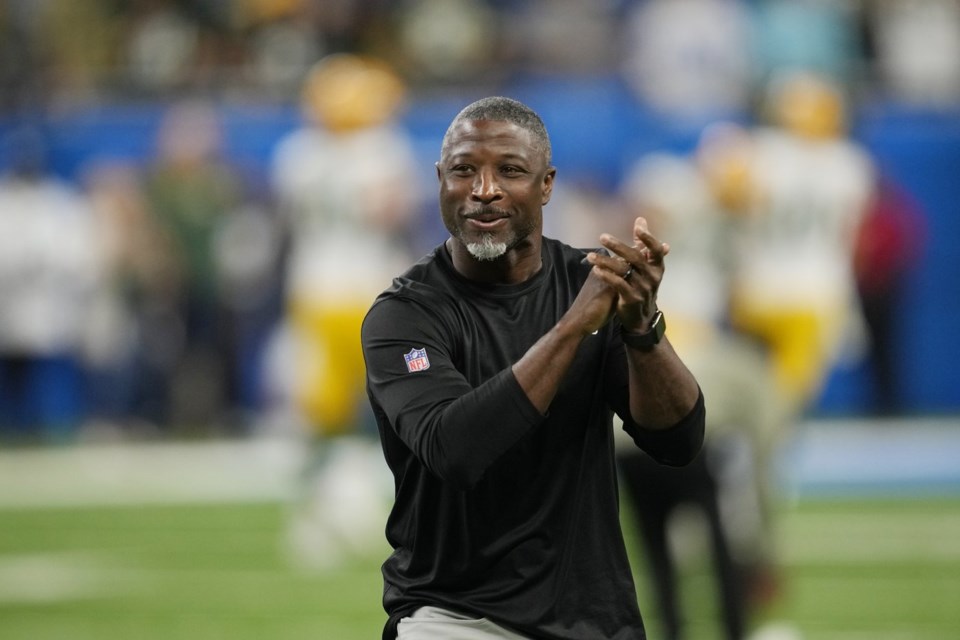Aaron Glenn, the highly respected defensive coordinator for the Detroit Lions, made headlines recently by turning down an interview request from the New England Patriots. According to NFL Media’s Tom Pelissero, Glenn declined the Patriots’ request just one day after receiving it, opting instead to pursue head coaching opportunities with the other five teams currently searching for new leadership.
The Patriots’ handling of their head coaching search has drawn widespread criticism, particularly for their approach to fulfilling the NFL’s Rooney Rule. This rule requires teams to interview at least two minority candidates for head coaching vacancies. The Patriots initially interviewed Byron Leftwich and Pep Hamilton, two offensive-minded coaches who have been out of the league for some time and are not considered serious candidates for the position. This move was perceived by many as a superficial attempt to comply with the rule rather than a genuine effort to consider diverse candidates.

Glenn’s decision to reject the Patriots’ request may have been influenced by this perception. Reports from the Boston Herald suggest that even individuals within the Patriots organization disapproved of the team’s approach. Sources expressed frustration with ownership’s apparent disregard for the Rooney Rule, criticizing the organization for not taking the opportunity to learn from external candidates about different coaching philosophies and strategies.
Many observers believe the Patriots’ coaching search has been a mere formality to pave the way for their preferred candidate, Mike Vrabel. Vrabel, a former Patriots linebacker and respected head coach of the Tennessee Titans, interviewed with the team on Thursday and is widely seen as the frontrunner for the job. Some speculate that Glenn, a seasoned defensive mind, was aware of this and chose not to participate in what he may have viewed as a futile process.
Glenn’s decision underscores the frustrations felt by many in the NFL regarding the implementation of the Rooney Rule. While the rule was designed to promote diversity and provide opportunities for minority coaches, cases like this highlight ongoing challenges in achieving its intended goals. The perception that some teams treat the rule as a box to be checked rather than a meaningful part of their hiring process continues to undermine its effectiveness.
As Glenn moves forward with interviews for other head coaching vacancies, his decision to decline the Patriots’ request sends a strong message. It reflects a commitment to seeking opportunities where his candidacy will be genuinely valued and considered, rather than being part of a process that appears predetermined.










